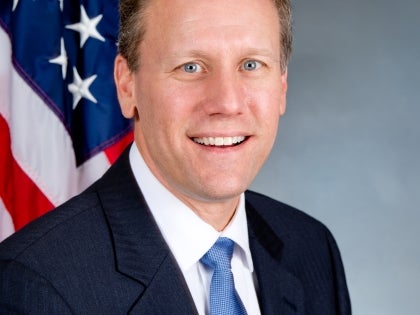
Valesky-Sponsored Legislation that Protects Farmland Signed into Law
David J. Valesky
December 1, 2014
-
ISSUE:
- Agriculture
SYRACUSE – Legislation sponsored by State Senator David J. Valesky (D-Oneida) that lowers the required minimum acreage for creating an agricultural district (S.6360) was signed into law by Governor Cuomo. The benefits of an agricultural district encourage the continued use of farmland for agricultural production rather than development.
As the demand for local food by consumers, restaurants, schools and other institutions grows, there has been increased interest in maintaining and creating farms within suburban and even urban communities. Development pressure, high land prices and dense population in these areas can threaten the continued existence of farms. Some of the more developed counties lack sufficient farmland acreage to meet the current acreage requirement for an agricultural district. The new law lowers that requirement from 500 acres to 250 acres.
“This new law will protect farmland from future development and encourage the growth of new farms,” Senator Valesky said. “I am pleased that Governor Cuomo signed this legislation that supports the agricultural industry here in Central New York.”
“New York farmland is coming under increased threat of development. The change in the Agricultural District program will better protect farmland from urban sprawl and the increased scrutiny from those who may not understand the realities of farming. New York Farm Bureau appreciates Sen. Valesky’s sponsorship of the bill that will assist in preserving family farms in communities across New York,” said Dean Norton, New York Farm Bureau President.
The Agricultural Districts Program provides farmland owners with real property assessments based on the value of their land for agricultural production rather than on its development value. Farmers receiving agricultural assessment collectively save over $70 million annually. The program also provides preferential real property tax treatment and protections against overly restrictive local laws, government funded acquisition or construction projects and private nuisance suits involving agricultural practices.
Share this Article or Press Release
Newsroom
Go to NewsroomSenator Valesky to Hold Free Senior Fair on October 11 in Madison County
September 21, 2017
Sen. Valesky to Host Community Resources Fair at Boys and Girls Club
September 15, 2017
Donald R. Waful
May 15, 2017
